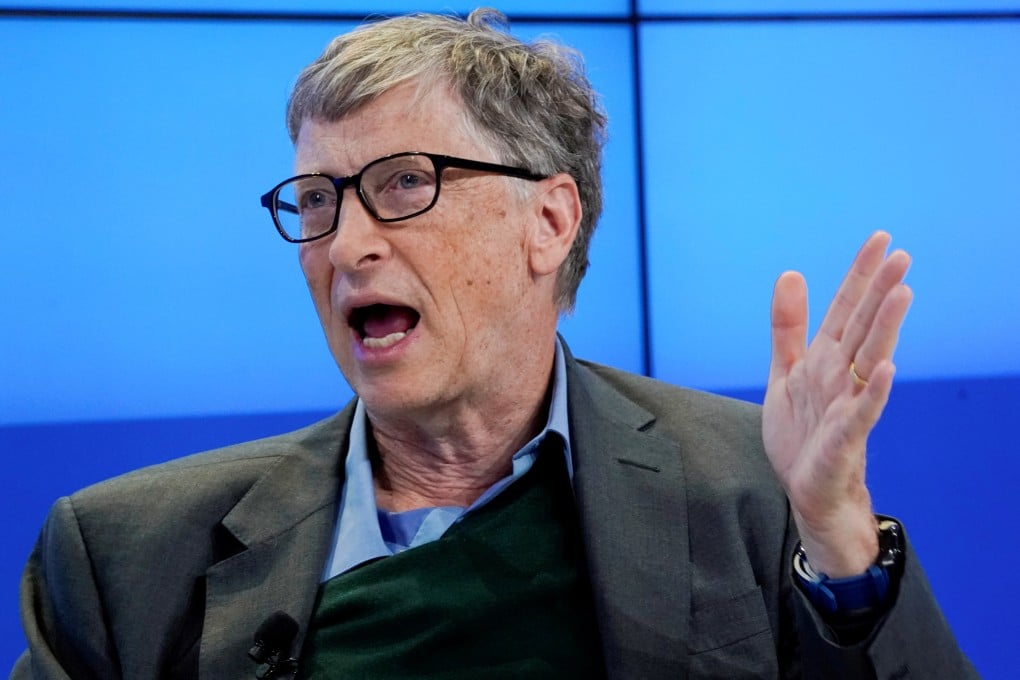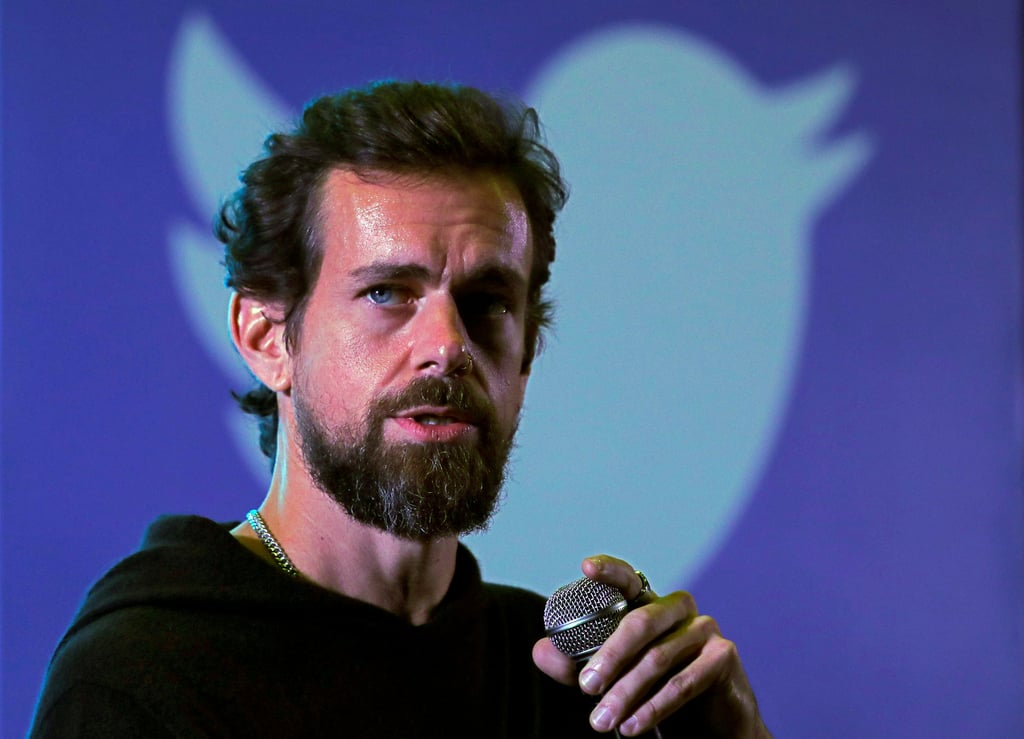Opinion | With spiralling inequality, it’s time to highlight the billionaire givers and shame the misers
- While Covid-19 has accelerated the wealth gap, that is a problem only if the wealth becomes entrenched and removed from society
- A ‘Good Billionaire Index’ that tracks the philanthropic activities of the super-rich can encourage those who aren’t so active now to start giving

The Goh family’s massive accumulation of money in one quick stroke is reinforcing the old aphorism that the “the rich get richer and the poor get poorer” – a particularly stunning development given the havoc that the Covid-19 pandemic has wrought across the globe.
Indeed, the virus has acted as a great accelerator of trends that were already entrenched, including rapidly growing socio-economic disparities, the rise of automation and the weakening of the Western middle class, all of which serve to deepen the global divide between the poor and super-rich.
An Oxfam study published in late January came to the same conclusions, showing that the richest 1,000 people in the world had recouped their losses and expanded their wealth in only the first nine months of the pandemic. Meanwhile, the poor are at a greater risk of falling into a decade-long spiral to further poverty.
It’s no surprise that the accelerating inequality has fuelled louder voices calling for the wealthy to give back more as their fortunes have risen. This call is backed up by a survey showing that the 50 wealthiest people in America have publicly donated only US$1 billion – amounting to a paltry 0.1 per cent of their net worth – for coronavirus relief efforts.

To be fair, some tycoons have given a larger chunk of their wealth for philanthropic causes in these times of need. And, encouragingly, billionaires outside the West are playing a major part in this wider trend.
